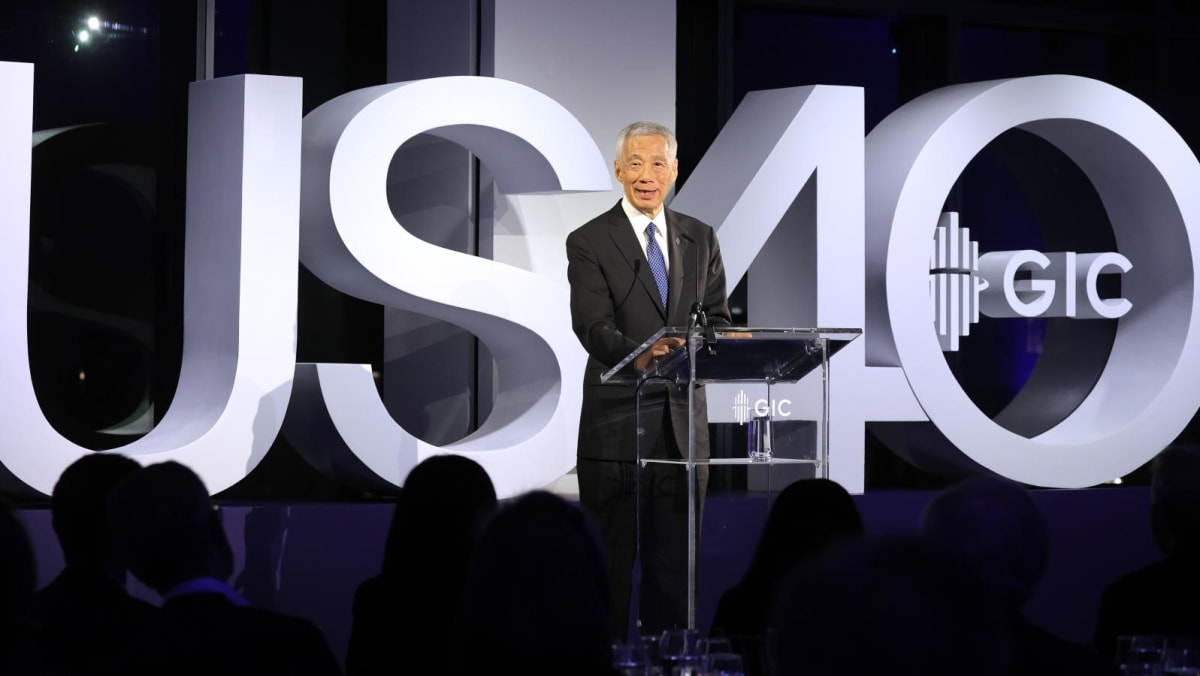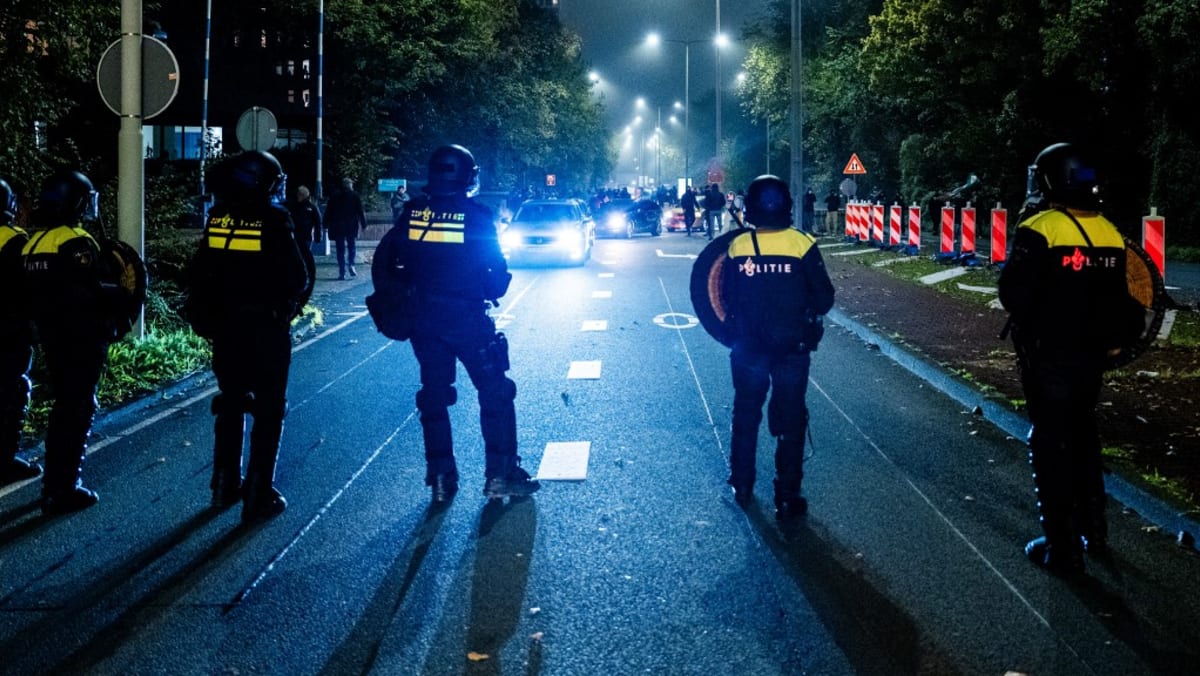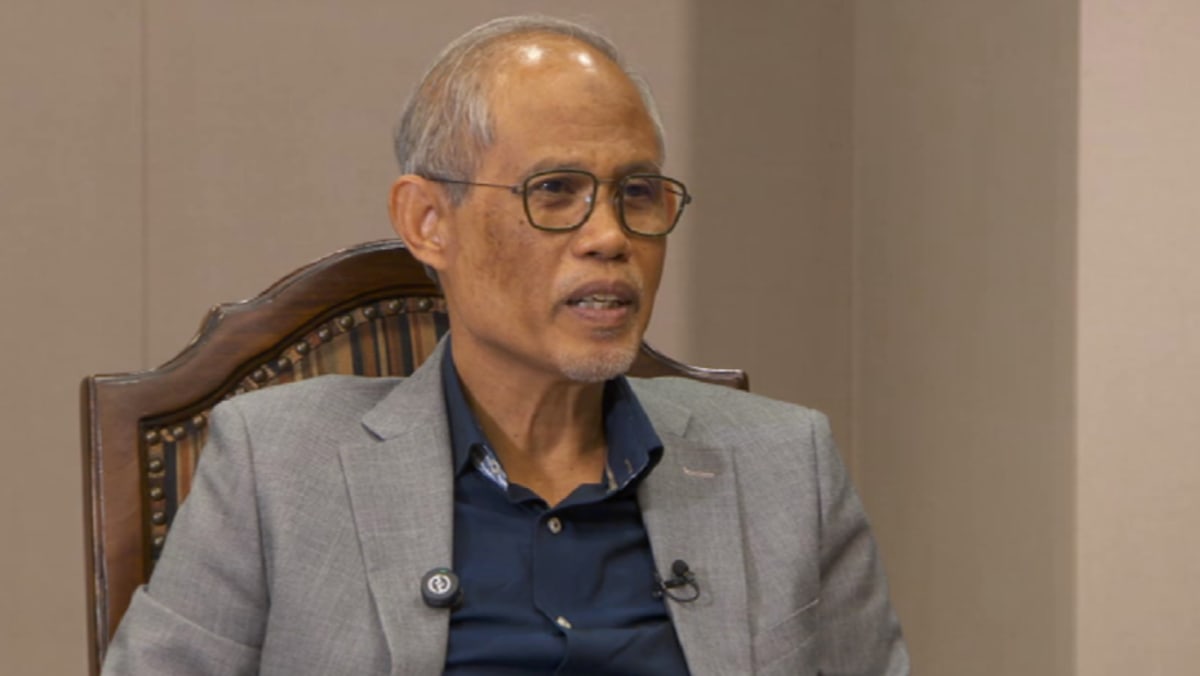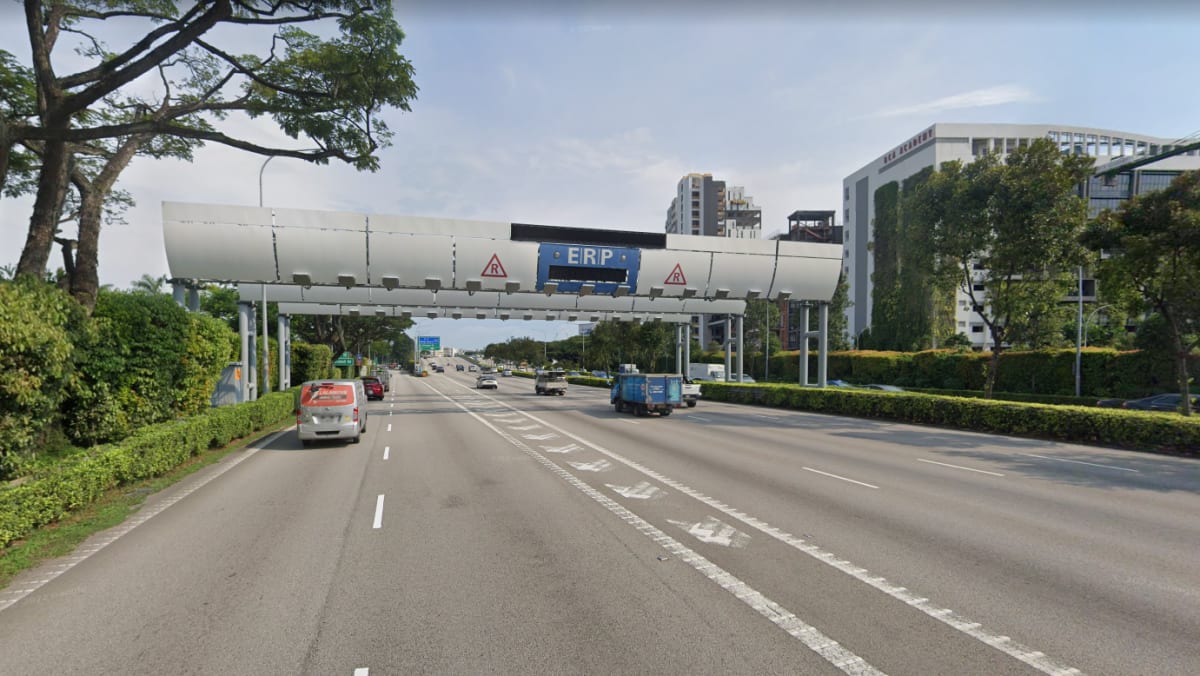SINGAPORE: Students enrolled in the upcoming Singapore College of Islamic Studies (SCIS) will have the option to attain either or both degrees in religious studies and social sciences, said Minister-in-charge of Muslim Affairs Masagos Zulkifli.
Speaking to reporters at Parliament House on Wednesday (Nov 13), Mr Masagos said this gives graduates the prospect of moving between a religious career and the field of social work.
SCIS will welcome its first cohort of 60 students to its four-year programme when it opens its doors in 2028 at the Islamic Religious Council of Singapore’s (MUIS) learning campus near Bencoolen Mosque.
The college is partnering with the Singapore University of Social Sciences (SUSS) for its social sciences pathway, while the Islamic studies programme will be conducted in partnership with the Dar al-Ifta in Egypt, the University of Jordan, and Al-Qarawiyyin in Morocco.
Students will spend the first two years learning the foundations in both Islamic studies and social sciences, said Mr Masagos.
In their third year, students can choose either route.
Those who plan to specialise in religious studies can graduate with a SCIS degree, while those who qualify for the social science programme can choose to get an SUSS degree.
Students who wish to attain both degrees can then extend their studies by two years to pursue the second field.
“To enable our religious teachers to also have life and work skills, one component of their university should be something that they have to acquire beyond deep religious knowledge,” the minister said.
“If they have deep skill sets in social work, which requires them to understand psychology, social work, social structures … this will be a very powerful combination for them to bring as part of their arsenal of skills to the table.”
SG’S OWN HIGHER EDUCATION IN ISLAMIC STUDIES
Mr Masagos said the SCIS has been a “long-standing aspiration” of the Muslim community.
The college aims to nurture new generations of religious teachers, known as asatizah, who will be able to impart religious knowledge through the context of Singapore’s multi-racial and multi-religious society.
Currently, the nation’s six madrasahs teach students only up to the pre-university level. About 120 to 150 students go abroad to further their education in Islamic studies every year.
Those who return from overseas must undergo the mandatory Postgraduate Certificate in Islam in Contemporary Societies (PCICS) before they can be recognised as an asatizah.
The one-year programme helps graduates to contextualise Islamic teachings they learnt abroad to the Singapore perspective.
SCIS students will graduate as Tier 1 asatizah and will not have to go through PCICS as the college’s curriculum will already be tailored to the local context.
“Our students (who) study in Singapore can apply the knowledge acquired in SCIS and hit the ground running,” Mr Masagos said.
He added that the PCICS programme will be retained for those who wish to continue pursuing higher religious education overseas.
INTAKE COULD INCREASE IN SIZE
Mr Masagos said SCIS could also help develop a body of knowledge that could provide religious guidance to Muslims living as a minority in secular societies.
He hopes the college could in future attract religious leaders in nations that share a similar context with Singapore, including neighbouring countries such as Thailand and the Philippines.
Mr Masagos will chair SCIS’ international advisory panel, which will convene once to twice a year on education and curriculum development.
Former speaker of parliament Abdullah Tarmugi will chair the college’s board of governors, which will take charge of administrative matters including remuneration, cost and fees.
Singapore’s Mufti Nazirudin Mohd Nasir heads the steering committee overseeing the planning and development of the college.
Mr Masagos said SCIS’ pioneer cohort of 60 will be a good starting ground to ensure there are ample jobs for graduates. The workforce needed in the asatizah sector includes services in mosques and madrasahs, as well as other institutions like the Syariah Court, Registry of Muslim Marriages, and MUIS and its academy.
He added the intake could gradually double in size to 120 in the future.













